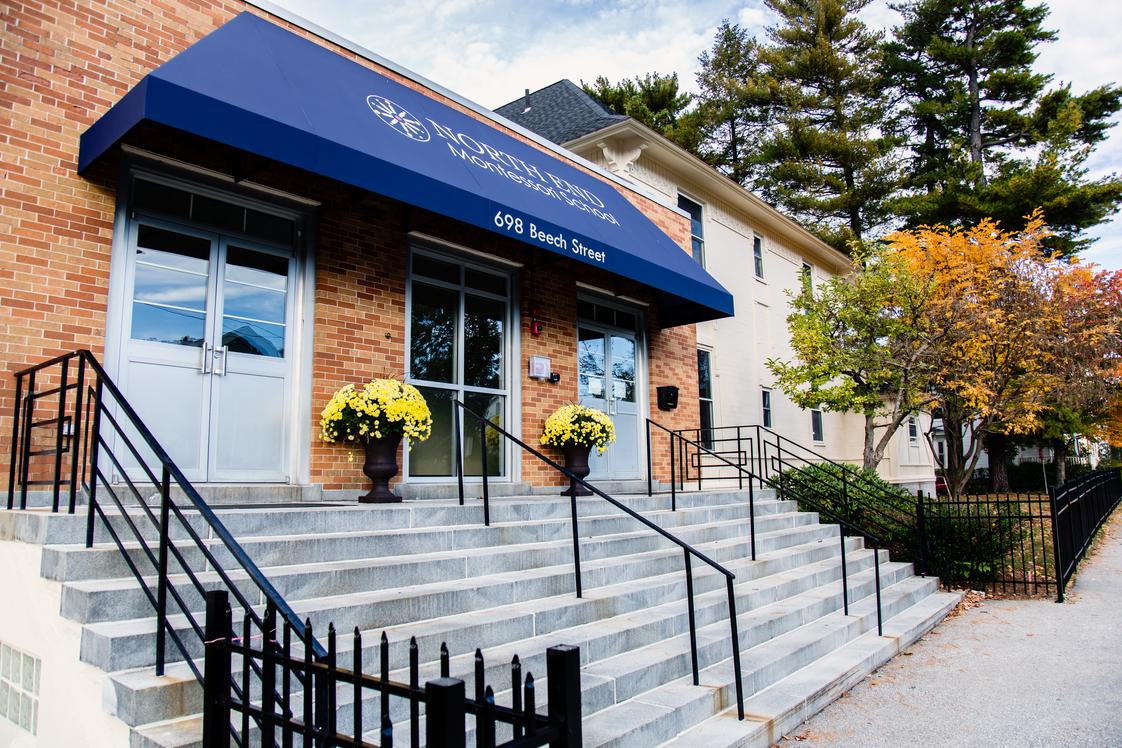The Montessori approach to early childhood education is known for its unique, child-centered methodology that promotes independence, creativity and a lifetime love of learning. This thorough guide will highlight the advantages of Montessori daycare, Montessori Kindergarten, Montessori Preschool, as well as Montessori Elementary School can offer children’s development.

Montessori Daycare instilling Self-Independence from the Beginning
Montessori daycare programs are designed to nurture independence and self-confidence in the youngest learners. They provide an engaging, safe and secure environment for children to explore and discover on their own. In the Montessori daycare, the class is equipped with age-appropriate, hands-on activities that encourage sensory exploration and the development of motor skills.
Teachers at Montessori daycares are facilitators not traditional teachers. They assist children in their education. This approach helps to create critical thinking and the autonomy of children. In Montessori daycares the children are encouraged to pour water, spoon beans and button clothes. These activities assist in developing physical and fine motor abilities.
Montessori Kindergarten: Foundations for Lifelong Learning
The focus of the Montessori kindergarten curriculum changes to a lesser extent as children shift to it. It focuses on more structured academic instruction, but encouraging independence and self directed activity. The Montessori Kindergarten curriculum is rich in variety and includes math, language study, cultural studies, as well as practical life skills.
One of the most important aspects of Montessori kindergarten is the mixed-age school, where children of different levels of education learn together. This type of arrangement lets children learn from their elders and older students to reinforce concepts they already know. This dynamic of peer learning promotes social skills as well creating a sense of belonging in the classroom.
In Montessori kindergarten teaching is experiential and often involves practical applications. Math could be taught through manipulatives such as rods and beads, which helps children understand abstract concepts through physical. Language development can be encouraged by engaging in storytelling, phonetic activities and writing.
Montessori Preschool: Fostering Exploration and Curiosity
Montessori preschools build upon the foundations laid out in daycare and kindergarten. They emphasize exploration, curiosity and a love for learning. The preschool’s environment has been carefully designed to be educational and engaging. Activities and materials have been designed to suit the different stages of development for children aged 3 to 6.
In a Montessori-based preschool, children can choose their activities according to their own schedule and select from a number of options. This independence fosters intrinsic motivation, as well as a sense that they are responsible for their learning. The preschool program includes math, language, and studies of culture, along with activities that are practical in nature.
Practical life skills, such as cooking or cleaning up, as well as gardening, are a cornerstone of Montessori preschool education. These activities teach children vital life skills and help them develop their coordination, focus and independence. Sensory exercises, on contrary, focus on improving the development of the brain and the five senses.
Montessori Elementary School: Get Ready for Academic Success and Beyond
Montessori elementary school is a continuation of the principle of child-centered education with an increased focus on academic subjects yet still providing a nurturing environment for the entire child. Curriculum is integrated and interconnected, which lets children learn the relationships between different academic subjects.
Elementary students at a Montessori school engage in extensive research, collaborative learning, and hands-on experiments. The learning environment fosters the development of critical thinking and curiosity and the curriculum is designed to meet the needs of different students and capacities.
One of the most distinctive features of Montessori education is its concentration on “cosmic education,” which helps children comprehend their place in the world and the interconnectedness between all things. This approach helps foster a sense of responsibility to the world around them and to each other and prepares students to become thoughtful, informed global citizens.
The Montessori approach to early learning is unique in that it helps children develop starting at the age of daycare and continuing through elementary school. Through fostering independence, curiosity, and an interest in learning, the Montessori approach to education provides children with the knowledge and attitudes they require for lifelong success.
